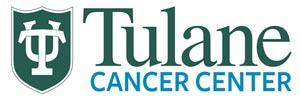Research is the key.
Cancer Crusaders was founded more than 35 years ago with one goal in mind: to support cancer research in Louisiana. Since then, Cancer Crusaders has provided more than $5 million in support of the LSU Stanley S. Scott Cancer Center and Tulane Cancer Center endowments, fellow and resident programs and clinical research studies and data collection on possible theories in finding the answer to cancer.
Recently, the Louisiana State Legislature passed legislation allowing LSU and Tulane Cancer Centers to form the Louisiana Cancer Research Consortium. This newly formed Consortium will enhance the collaborative efforts between the two medical centers through the opening of a new research building in downtown New Orleans. It will further enhance opportunities in attracting national grants and research projects that will open doors for new cancer treatment options. Cancer Crusaders is continuing to expand its membership and activities that will continue to support important cancer research through two outstanding community institutions that are working hard at innovative treatments, cutting-edge research and to ultimately finding a cure for cancer.
Recently, the Louisiana State Legislature passed legislation allowing LSU and Tulane Cancer Centers to form the Louisiana Cancer Research Consortium. This newly formed Consortium will enhance the collaborative efforts between the two medical centers through the opening of a new research building in downtown New Orleans. It will further enhance opportunities in attracting national grants and research projects that will open doors for new cancer treatment options. Cancer Crusaders is continuing to expand its membership and activities that will continue to support important cancer research through two outstanding community institutions that are working hard at innovative treatments, cutting-edge research and to ultimately finding a cure for cancer.
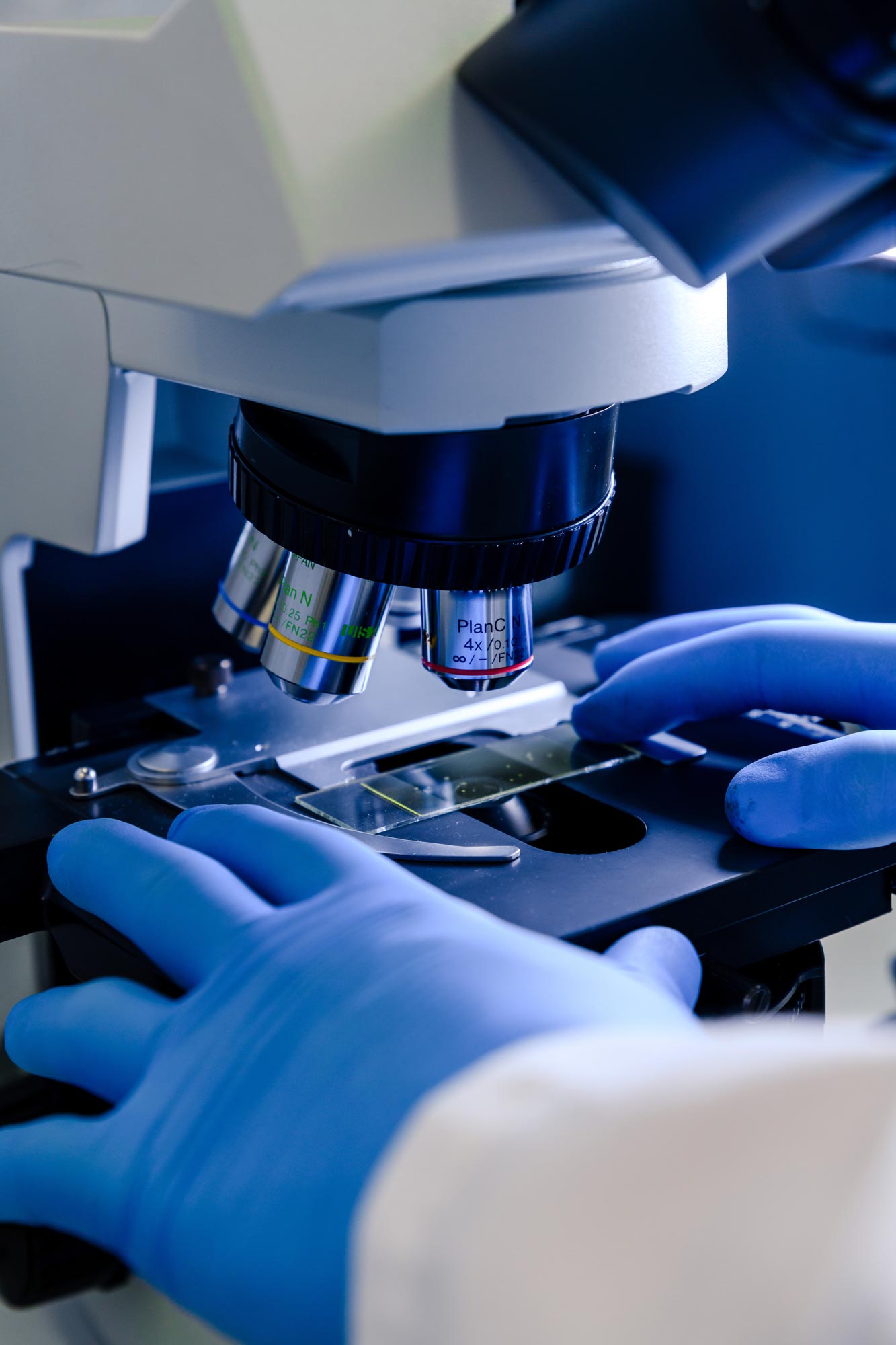

Cancer Trends
General Statistics:
Overall, about 1/3 of the most common cancers in the US could be prevented by following AICR’s recommendations, according to experts.
In 2013, about 580,350 Americans are expected to die of cancer. (Source: American Cancer Society, Cancer Facts & Figures, 2013)
Louisiana-Specific Statistics:
Estimated number of new cancer cases in 2013: 24,930 (Source: American Cancer Society, Cancer Facts & Figures, 2013)
Overall, about 1/3 of the most common cancers in the US could be prevented by following AICR’s recommendations, according to experts.
In 2013, about 580,350 Americans are expected to die of cancer. (Source: American Cancer Society, Cancer Facts & Figures, 2013)
Louisiana-Specific Statistics:
Estimated number of new cancer cases in 2013: 24,930 (Source: American Cancer Society, Cancer Facts & Figures, 2013)
In 2010, the American Cancer Society estimated that about 569,490 cancer deaths will occur in the United States, including 8,480 people in Louisiana; and 1,529,560 new cancer cases will be diagnosed in the United States, including 20,950 cases in Louisiana. (Louisiana Comprehensive Cancer Control Plan 2011-2015)
The American Cancer Society predicts that 1,660,290 new cases of cancer are expected to be diagnosed in 2013 in the United States; of these, about 24,930 live in Louisiana. In general, the incidence rates for cancer in men in Louisiana significantly exceed national rates for men, while those for Louisiana women are similar to or lower than national rates for women. In both the United States and Louisiana, the incidence rates for men were much higher than for women. The rates for African-American (AA) men surpassed those for Caucasian men while those for African-American women were the lowest. (All rates are age adjusted to the United States 2000 standard).
The five most common cancers among men in Louisiana from 1996 to 2000 were cancers of the prostate (28% of total incident cases), lung (20%), colorectal (12%), bladder (5%), and non-Hodgkin’s lymphoma (4%). During the same period, the five most common cancers among women were those of the breast (30% of total incidence cases), lung (14%), colorectal (12%), corpus uteri (4%) and non-Hodgkin’s lymphoma (4%). These cancers also were the most frequent diagnoses nationally, with exception of non-Hodgkin’s lymphoma among women; ovarian cancer is ranked fifth in the United States.
The five most common cancers among men in Louisiana from 2002 to 2006 were cancers of the prostate (30% of total incident cases), lung (18%), colorectal (11%), bladder (6%), and kidney (4%). During the same period, the five most common cancers among women were those of the breast (29% of total incidence cases), lung (15%), colorectal (12%), corpus uteri (4%) and non-Hodgkin lymphoma (4%). These were also the most frequent diagnoses nationally, except that among men nationwide, non-Hodgkin lymphoma ranked fifth. Source: Louisiana Comprehensive Cancer Control Plan 2011-2015
The American Cancer Society predicts that 1,660,290 new cases of cancer are expected to be diagnosed in 2013 in the United States; of these, about 24,930 live in Louisiana. In general, the incidence rates for cancer in men in Louisiana significantly exceed national rates for men, while those for Louisiana women are similar to or lower than national rates for women. In both the United States and Louisiana, the incidence rates for men were much higher than for women. The rates for African-American (AA) men surpassed those for Caucasian men while those for African-American women were the lowest. (All rates are age adjusted to the United States 2000 standard).
The five most common cancers among men in Louisiana from 1996 to 2000 were cancers of the prostate (28% of total incident cases), lung (20%), colorectal (12%), bladder (5%), and non-Hodgkin’s lymphoma (4%). During the same period, the five most common cancers among women were those of the breast (30% of total incidence cases), lung (14%), colorectal (12%), corpus uteri (4%) and non-Hodgkin’s lymphoma (4%). These cancers also were the most frequent diagnoses nationally, with exception of non-Hodgkin’s lymphoma among women; ovarian cancer is ranked fifth in the United States.
The five most common cancers among men in Louisiana from 2002 to 2006 were cancers of the prostate (30% of total incident cases), lung (18%), colorectal (11%), bladder (6%), and kidney (4%). During the same period, the five most common cancers among women were those of the breast (29% of total incidence cases), lung (15%), colorectal (12%), corpus uteri (4%) and non-Hodgkin lymphoma (4%). These were also the most frequent diagnoses nationally, except that among men nationwide, non-Hodgkin lymphoma ranked fifth. Source: Louisiana Comprehensive Cancer Control Plan 2011-2015

Research Centers
Because Louisiana has such a high incidence of cancer mortality, Cancer Crusaders is committed to cancer research to discover a cure for cancer. The funds raised by Cancer Crusaders support cancer programs at LSU Stanley S. Scott Cancer Center and Tulane Cancer Center that impact the New Orleans Metropolitan community. In order to increase survival rates of cancer, cutting-edge research must continue at an aggressive pace. Both LSU and Tulane Cancer Centers are continuing to coordinate cancer programs that provide the highest quality patient care, research and education that support the saving of lives.
You may read about our partnerships with LSU and Tulane by clicking below:
You may read about our partnerships with LSU and Tulane by clicking below:
About the LSU LCMC Health Cancer Center
The LSU LCMC Health Cancer Center is a multidisciplinary cancer center dedicated to excellence in prevention, early detection, treatment, and eradication of cancer in Louisiana and the Gulf South. With research programs including translational oncology, cancer biology, genes-environment, and population sciences, our researchers and clinicians are committed to making a difference in our Louisiana communities and with cancer care at large. Our NCI award winning Gulf South Clinical Trials Network brings clinical trials closer to home for patients. While our NCI lauded Louisiana Tumor Registry serves our faculty and everyone in the state with the most up to date and complete information about cancer in every zip code so that we can better attack the burden of cancer throughout the state. Our vision is to be the cancer center leading the way nationally in combating cancer in rural and urban areas with high disparities and complex social determinants. The Cancer Center’s outreach and engagement research works to address the needs of local communities. With our partners, we support events, cancer screenings, donations, and other avenues to improve cancer education, patient care, and research.
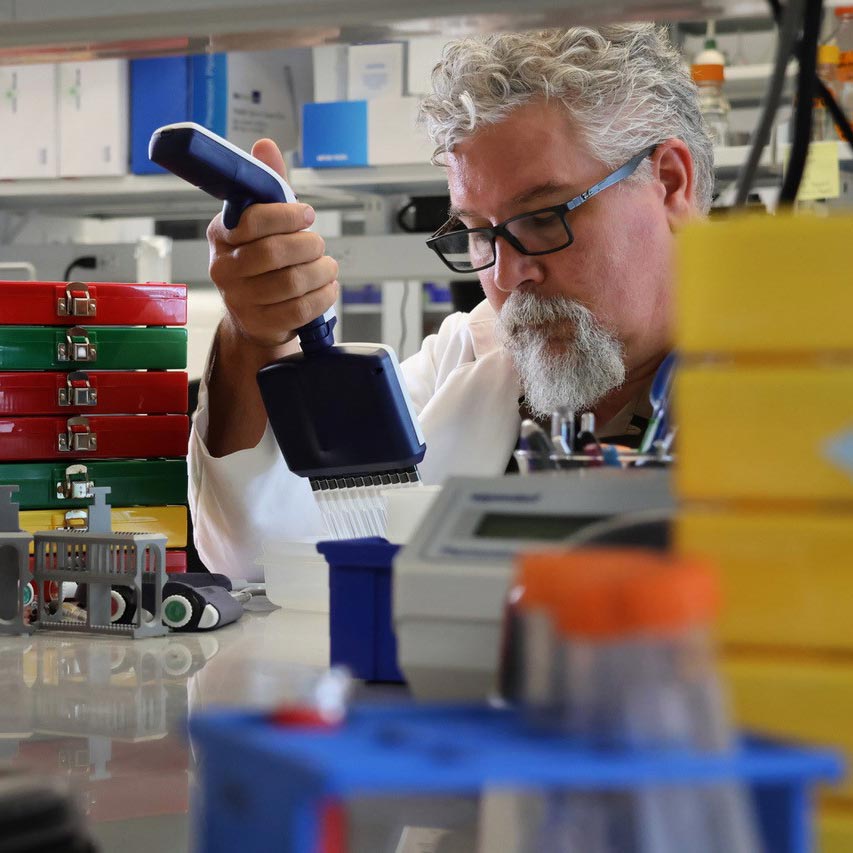
Mission
To reduce the cancer burden through a culture founded in excellence in research, clinical care, education, and active partnership that provides high-impact discoveries and increased access to cutting edge medical care for everyone throughout Louisiana and beyond. Visit www.lsulcmchealthcancercenter.org.
Through the generous support of the Cancer Crusaders and their tireless commitment to cancer research and education, LSU Health New Orleans has named four Cancer Crusaders Endowed Chairs:
First Chair created 2002.
Fund Name: Cancer Crusaders Endowed Professorship in Cancer Research.
Book Value: $500,00.00
Market Value: $751,415.04
Fiscal 2023 Year Earnings: $87,547.93
Holder: Lucio Miele, MD. PhD.
Second Chair created 2002.
Fund Name: Nicolas G. Bazan, MD Endowed Chair for Prostate Cancer Research.
Book Value: $1,200,000.01
Market Value: $2,053,829.82
Fiscal Year 2023 Earnings: $239,761.47
Holder: Augusto Ochoa, MD
Third Chair created 2011.
Fund Name: Al Copeland/Cancer Crusaders Chair in Neuroendocrine Cancer.
Book Value: $1,000,950.00
Market Value: $1,631,056.77
Fiscal Year 2023 Earnings: $180,895.19
Holder: Augusto Ochoa, MD
Fourth Chair created 2016.
Fund Name: Cancer Crusaders Chair in Advance Cancer Therapy Research.
Book Value: $1,000,000.00
Market Value: $1,241,851.65
Fiscal 2023 Earnings: $133,045.32
Holder: Charles Wood, MD, PhD.
First Chair created 2002.
Fund Name: Cancer Crusaders Endowed Professorship in Cancer Research.
Book Value: $500,00.00
Market Value: $751,415.04
Fiscal 2023 Year Earnings: $87,547.93
Holder: Lucio Miele, MD. PhD.
Second Chair created 2002.
Fund Name: Nicolas G. Bazan, MD Endowed Chair for Prostate Cancer Research.
Book Value: $1,200,000.01
Market Value: $2,053,829.82
Fiscal Year 2023 Earnings: $239,761.47
Holder: Augusto Ochoa, MD
Third Chair created 2011.
Fund Name: Al Copeland/Cancer Crusaders Chair in Neuroendocrine Cancer.
Book Value: $1,000,950.00
Market Value: $1,631,056.77
Fiscal Year 2023 Earnings: $180,895.19
Holder: Augusto Ochoa, MD
Fourth Chair created 2016.
Fund Name: Cancer Crusaders Chair in Advance Cancer Therapy Research.
Book Value: $1,000,000.00
Market Value: $1,241,851.65
Fiscal 2023 Earnings: $133,045.32
Holder: Charles Wood, MD, PhD.
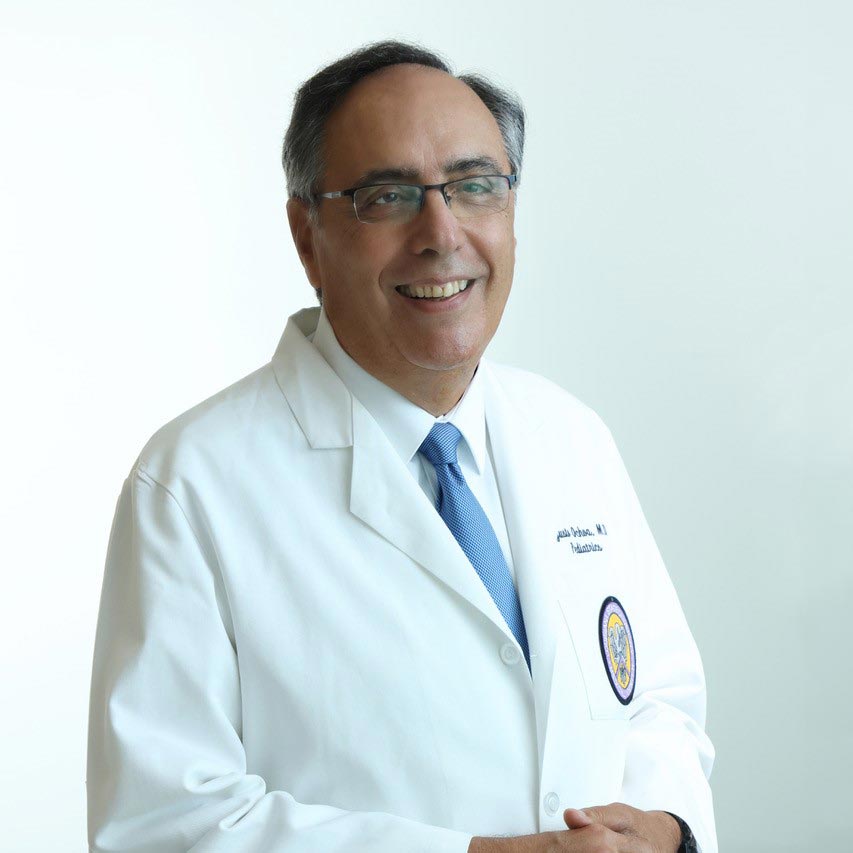
Dr. Augusto Ochoa
Deputy Director of the LSU LCMC Health Cancer Center
Funding for Dr. Ochoa supports research in Merkel Cell Carcinoma and other related cancers. His basic research program has focused on identifying and overcoming the mechanisms used by cancer to block successful immunotherapies. His group has shown that certain fatty acids can stimulate a strong protective anti-tumor response and could be used to improve the efficacy of novel cancer immunotherapies.
Dr. Charles Wood
Professor, Associate Director of Basic Research – LSU LCMC Health Cancer Center
Funding for Dr. Wood supports global oncology research. Around the world, HIV/AIDS takes a significant toll on people living with it. It puts the same population at a greater risk of developing cancer, such as Kaposi Sarcoma (KS). Dr. Wood is researching the connection between AIDS and KS. By working with two populations who share similar risk factors, challenges, and outcomes, we can further understand how to relieve the burden of cancer worldwide.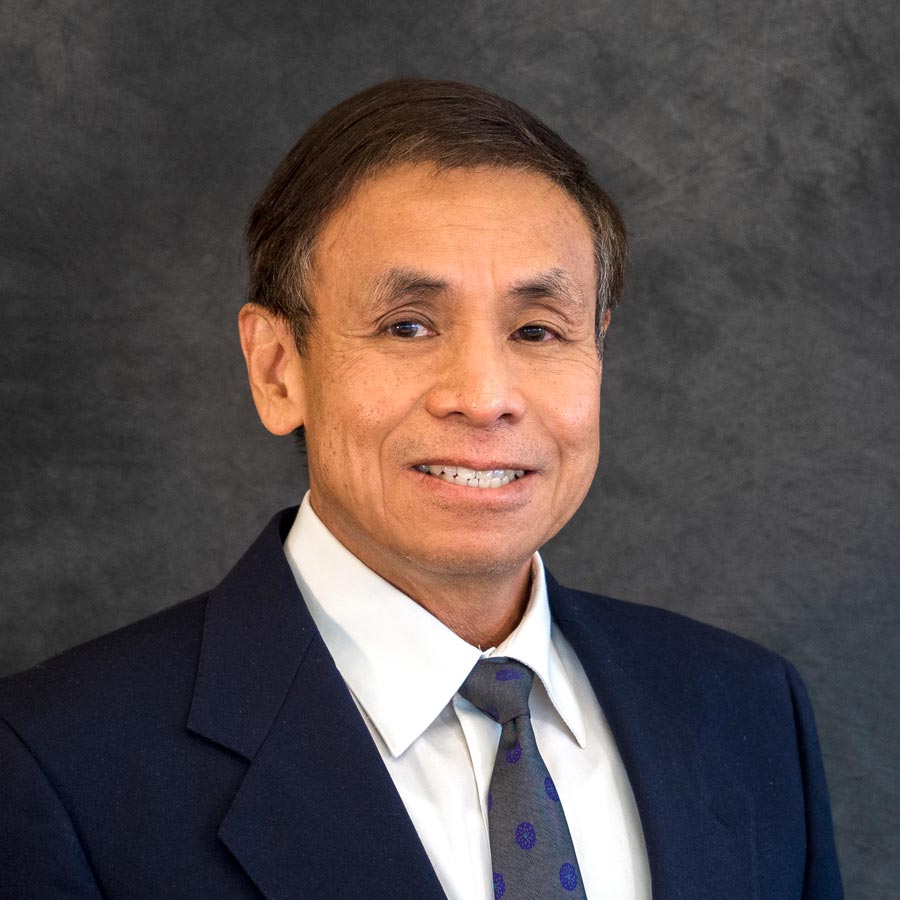
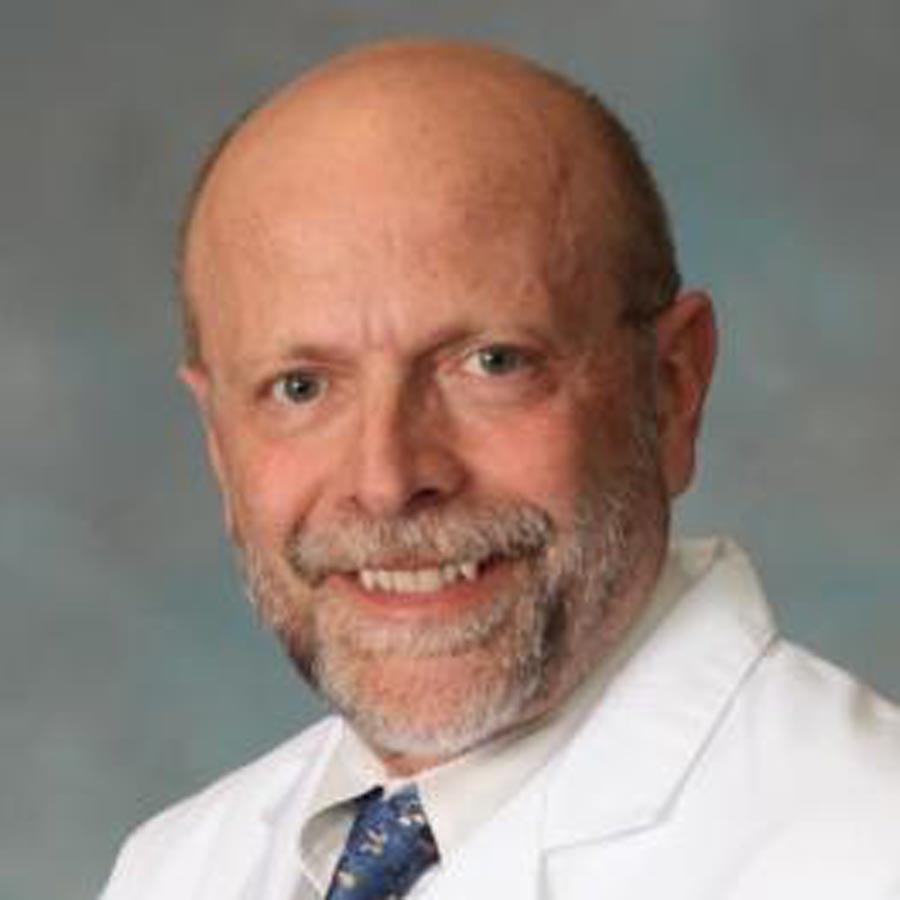
Dr. Lucio Miele
Professor and Head, Department of Genetics, Senior Associate Dean of Research, LSU Health New Orleans School of Medicine
Dr. Meile’s funding helps to educate healthcare students and practicing professions in neuroendocrine cancers. His research is focused on discovering better therapies for patients afflicted with Merkel Cell Carcinoma and other neuroendocrine cancers.
Dr. Joe W. Ramos, Ph.D.
Director, LSU LCMC Health Cancer Center
Director and Chief Executive Officer, Louisiana Cancer Research Center
Dr. Ramos holds dual roles as Director of the LSU LCMC Health Cancer Center and Director and Chief Executive Officer of the Louisiana Cancer Research Center.
Ramos leads the LSU LCMC Health Cancer Center as it seeks to join the prestigious group of 72 NCI Designated Cancer Centers in the United States supported by the National Cancer Institute. This designation recognizes cancer centers that take a comprehensive approach at reducing the cancer burden for the populations they serve by developing high impact research programs to better prevent, detect, treat, and ensure the best quality of life for those living with cancer.
Ramos also oversees the Louisiana Cancer Research Center (LCRC) and leads it in its mission to work across institutional boundaries to reduce the impact of cancer throughout Louisiana and the Gulf region. Participating organizations are LSU Health New Orleans, Tulane University, Xavier University and Ochsner Health.
Previously, Dr. Ramos was with the University of Hawaii at Mānoa where he has held various leadership positions including Deputy Director and Interim Director.
Dr. Ramos is a respected expert on cancer signaling and metastasis. The Ramos lab mission is to determine the underlying mechanisms that control cancer cell invasion and to exploit this knowledge in drug development.
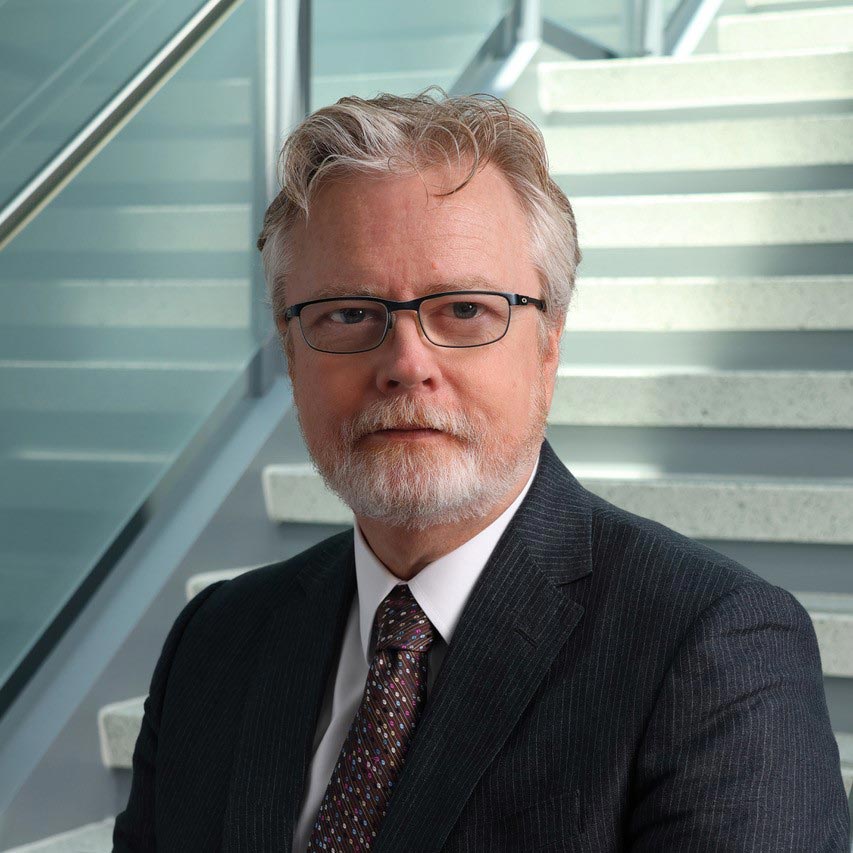
Message from Tulane Cancer Center Director Dr. Stefan Grant:
All of us at Tulane Cancer Center recognize and deeply appreciate the incredible efforts of the Cancer Crusaders in the fight against cancer.
Since its founding, the members of your organization have keenly understood the importance of research in finding better ways to prevent, more sensitive ways to detect, and more effective options to treat cancer. Our scientists’ research progress depends greatly on financial support, and your generous donations allow them to continue to follow leads that will hopefully bring us all closer to overcoming the scourge of this disease.
All of us at Tulane Cancer Center recognize and deeply appreciate the incredible efforts of the Cancer Crusaders in the fight against cancer.
Since its founding, the members of your organization have keenly understood the importance of research in finding better ways to prevent, more sensitive ways to detect, and more effective options to treat cancer. Our scientists’ research progress depends greatly on financial support, and your generous donations allow them to continue to follow leads that will hopefully bring us all closer to overcoming the scourge of this disease.
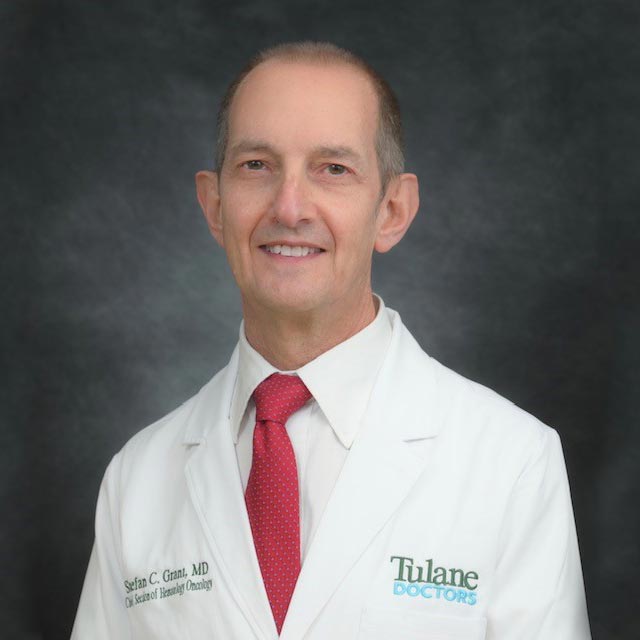
Your unrelenting commitment to raising funds to support our research efforts is truly commendable, and it also gives hope to the individuals and families who are on their own cancer journeys, helping them to know they are not alone. We are all in this together.
I want to express my deepest thanks to every Cancer Crusaders member. Your passion is evident, your work is deeply appreciated, and you should know that you are making a difference in the pace of progress against this disease.
With sincere gratitude,
Stefan Grant, MD, JD, MBA
Director, Tulane Cancer Center
Chief, Section of Hematology & Medical Oncology
Tulane University School of Medicine
I want to express my deepest thanks to every Cancer Crusaders member. Your passion is evident, your work is deeply appreciated, and you should know that you are making a difference in the pace of progress against this disease.
With sincere gratitude,
Stefan Grant, MD, JD, MBA
Director, Tulane Cancer Center
Chief, Section of Hematology & Medical Oncology
Tulane University School of Medicine
How Tulane Cancer Center Has Used Cancer Crusaders Funds
For almost fifty years, the Cancer Crusaders have been a beacon of hope and a powerhouse of support in the fight against cancer in the Greater New Orleans Area, having raised over $5 million to support the cancer research programs at Tulane and LSU. Born out of a passionate desire to combat one of the world's most challenging diseases, what started as a small group of determined individuals has grown into a robust network of volunteers -- over 500 members strong -- all united by a common goal - the elimination of cancer through research.
Through the years at Tulane Cancer Center, Cancer Crusaders funding has been used to:
Through the years at Tulane Cancer Center, Cancer Crusaders funding has been used to:
- award training grants to deserving young cancer investigators, many of whom have gone on to pursue independent careers in cancer research and/or treatment
- support the costs of vital experiments that would be difficult for investigators to perform in their current funding situation but at the same time are potentially pivotal to future funding success
- provide state-of-the art core equipment and services to our research scientists so they are well positioned to compete successfully for federal research grants
Cancer Crusaders Trained the Next Generation of Cancer Research Scientists at Tulane
From 1996 – 2012, Tulane Cancer Center utilized Cancer Crusaders donations exclusively to support our Matching Fund Program, which provided small research training grants to promising young cancer investigators who were nominated by their faculty mentors. These brilliant young minds represented the next generation of cancer scientists, physicians and academicians, and the goal of the program was to provide them with the research support and mentorship they needed to develop successful, independent careers.
To further ensure that Cancer Crusaders support was invested wisely, each dollar awarded through the Matching Fund Program was used only to match a dollar awarded to our faculty for trainee support by the National Institutes of Health or other national agencies that grant funds on the basis of peer-reviewed competition. This philosophy allowed our Cancer Crusaders-funded trainees an opportunity to train with the best in an environment that fosters excellence and independence.
During their training, Cancer Crusaders Matching Fund recipients contributed significantly to some of our most innovative and important research and clinical projects. In collaboration with their faculty mentors, they performed groundbreaking laboratory experiments, they co-authored important scientific manuscripts, they presented data and laboratory findings at international meetings of cancer research professionals, and they helped our senior scientists prepare solid, highly competitive grant applications that in turn brought more federal research dollars home to Tulane and to New Orleans.
As the single largest contributor to our Matching Fund Program, Cancer Crusaders’ generous support has been instrumental in launching the research careers of 156 graduate students and postdoctoral candidates who were awarded grants during the program’s tenure.
To further ensure that Cancer Crusaders support was invested wisely, each dollar awarded through the Matching Fund Program was used only to match a dollar awarded to our faculty for trainee support by the National Institutes of Health or other national agencies that grant funds on the basis of peer-reviewed competition. This philosophy allowed our Cancer Crusaders-funded trainees an opportunity to train with the best in an environment that fosters excellence and independence.
During their training, Cancer Crusaders Matching Fund recipients contributed significantly to some of our most innovative and important research and clinical projects. In collaboration with their faculty mentors, they performed groundbreaking laboratory experiments, they co-authored important scientific manuscripts, they presented data and laboratory findings at international meetings of cancer research professionals, and they helped our senior scientists prepare solid, highly competitive grant applications that in turn brought more federal research dollars home to Tulane and to New Orleans.
As the single largest contributor to our Matching Fund Program, Cancer Crusaders’ generous support has been instrumental in launching the research careers of 156 graduate students and postdoctoral candidates who were awarded grants during the program’s tenure.
Why This Matters:
Supporting Emerging Scientists & Enhancing Research Momentum: The grants provided by Cancer Crusaders gave promising graduate students and postdoctoral trainees the financial resources needed to pursue their innovative research projects. These early-career scientists represented the future of cancer research, and by supporting their work, Cancer Crusaders helped to hasten the momentum of cancer research progress.
Building a Global Network of Cancer Researchers: The impact of Cancer Crusaders extends beyond Tulane Cancer Center. The skills and knowledge gained by these junior scientists have had a ripple effect. Many of the program's beneficiaries are now leading research efforts around the globe. Their continued work in the field of cancer research helps to create a collaborative and interconnected scientific community dedicated to eradicating cancer.
Fostering Breakthrough Discoveries: Many of the scientists supported by Cancer Crusaders have gone on to make significant contributions to cancer research. Their training and preparation, made possible by the Matching Fund Program, have enabled them to conduct groundbreaking studies that push the boundaries of our understanding of cancer.
We are very proud to report that eight of the Cancer Crusaders Matching Fund Trainees went on to become successful cancer research faculty members at Tulane University School of Medicine, where they are making inroads against cancer every day, thanks to your generosity:
Building a Global Network of Cancer Researchers: The impact of Cancer Crusaders extends beyond Tulane Cancer Center. The skills and knowledge gained by these junior scientists have had a ripple effect. Many of the program's beneficiaries are now leading research efforts around the globe. Their continued work in the field of cancer research helps to create a collaborative and interconnected scientific community dedicated to eradicating cancer.
Fostering Breakthrough Discoveries: Many of the scientists supported by Cancer Crusaders have gone on to make significant contributions to cancer research. Their training and preparation, made possible by the Matching Fund Program, have enabled them to conduct groundbreaking studies that push the boundaries of our understanding of cancer.
We are very proud to report that eight of the Cancer Crusaders Matching Fund Trainees went on to become successful cancer research faculty members at Tulane University School of Medicine, where they are making inroads against cancer every day, thanks to your generosity:
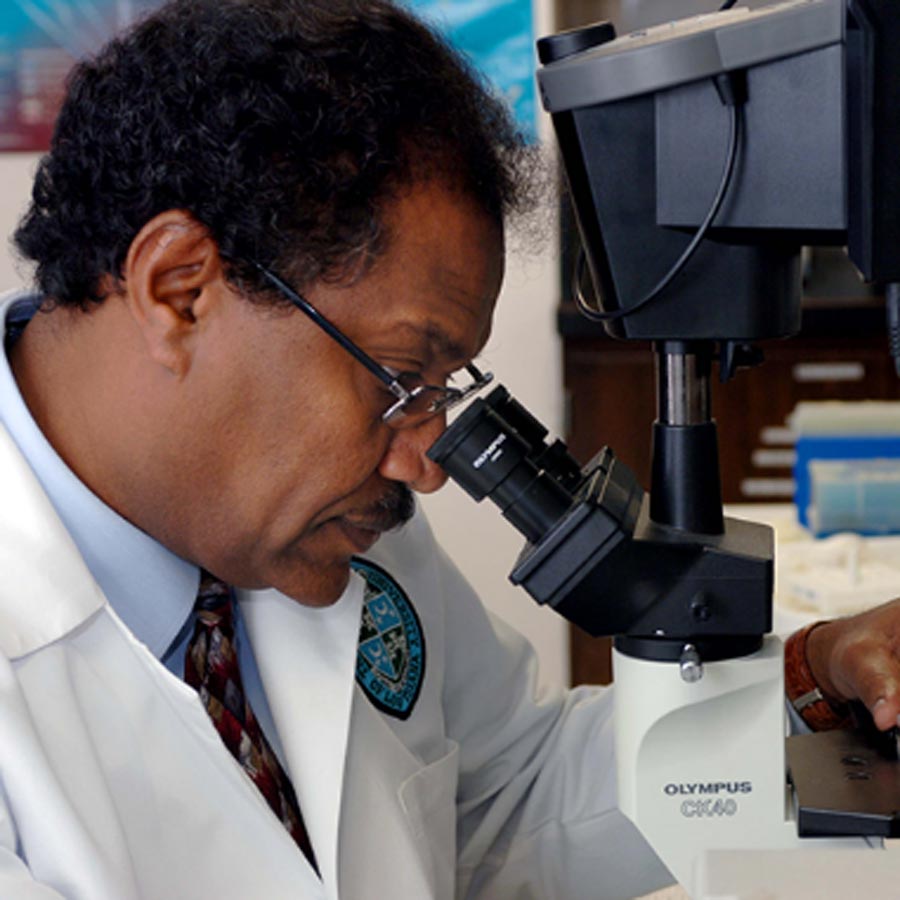
Asim Abdel-Mageed, DVM, PhD
Tulane Cancer Center Member
Professor, Department of Urology
Zimmerman Professor of Cancer Research
Cancer Crusaders Matching Fund Trainee 1996-1997
Dr. Abdel-Mageed was supported by a Cancer Crusaders Matching Fund award in 1996-1997, when he was a postdoctoral trainee in Tulane’s Department of Pharmacology. Today, he is a well-funded, independent investigator who performs cutting-edge research into racial disparities in prostate cancer incidence and mortality.
Muralidharan Anbalagan, PhD
Tulane Cancer Center Member & Assistant Professor, Department of Structural & Cellular Biology
Director, Small Animal Pre-Clinical Imaging Facility
Cancer Crusaders Matching Fund Trainee 2008-2009 & 2009-2010
Dr. Muralidharan Anbalagan, PhD, received two Cancer Crusaders Matching Fund grants, in 2008-2009 and 2009-2010, when he was a postdoc working in the laboratory of Dr. Brian Rowan, PhD, Chair of the Department of Structural & Cellular Biology at Tulane. He is now on the path to becoming an independent breast cancer researcher focusing on understanding hormone receptors in breast cancer cells and testing novel drugs aimed at these hormone targets.
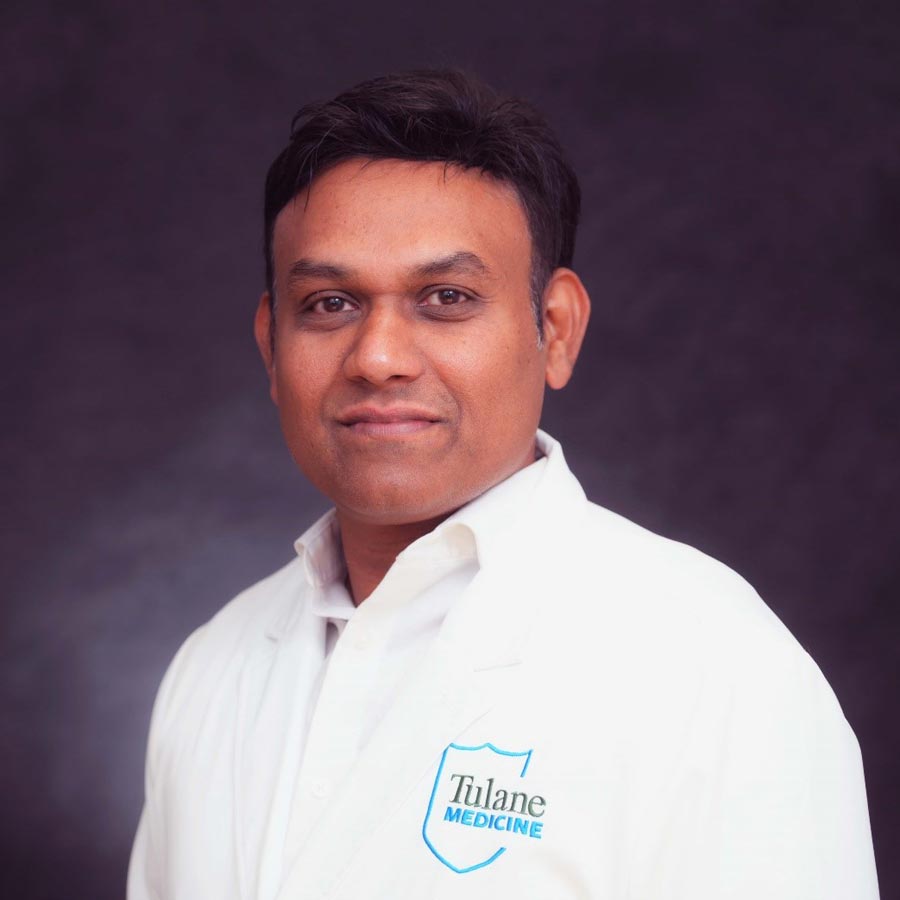
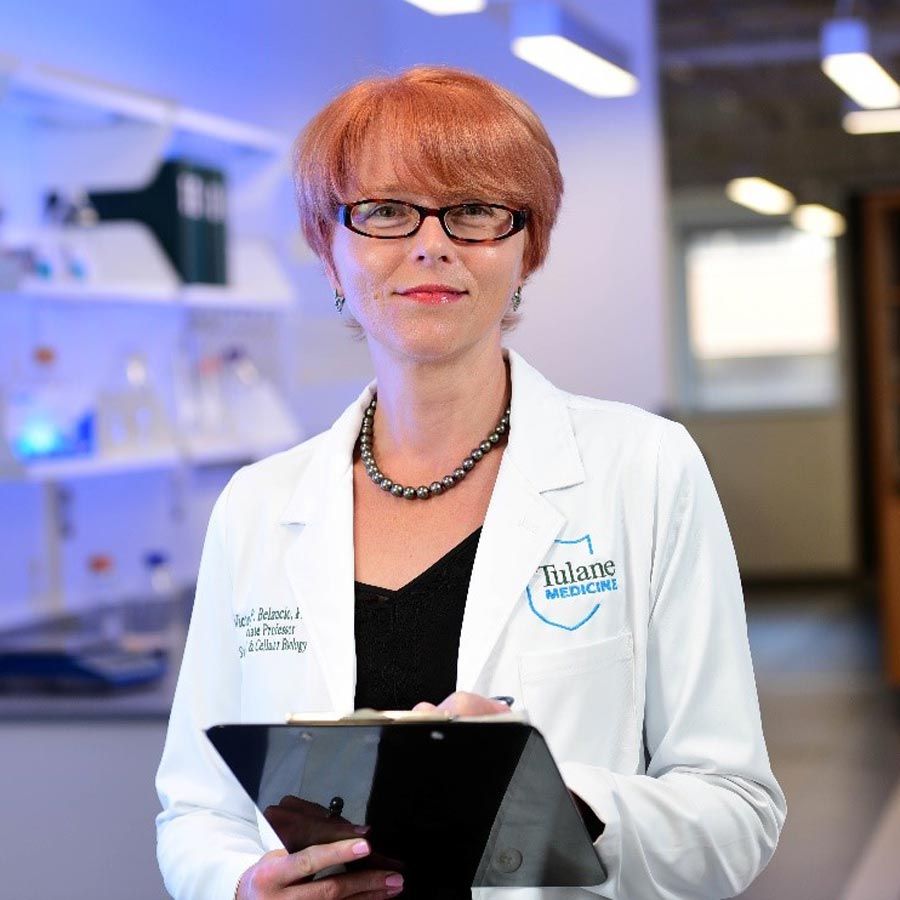
Victoria Belancio, PhD
Tulane Cancer Center Member
Associate Professor, Department of Structural & Cellular Biology
Associate Director for Cancer Education, Tulane Cancer Center
Cancer Crusaders Matching Fund Trainee 2001-2002 & 2006-2007
Dr. Victoria Belancio, PhD, is broadly recognized for her original contributions to understanding the impact of retrotransposons – mobile elements that move around in the host genome through a copy and paste mechanism – on genome stability and disease. Her first major discovery of novel regulatory mechanisms, published in Nature Genetics, was her PhD thesis, in part supported by Cancer Crusaders funds that matched her Department of Defense predoctoral training award. As a postdoctoral trainee, Dr. Belancio again received Cancer Crusaders funds to match her K01 training grant. This helped launch her independent research involving cancer models.
Matt Burow, PhD
Tulane Cancer Center Member
Associate Professor & Assistant Chair for Research, John W. Deming Department of Medicine
Tulane University School of Medicine
Cancer Crusaders Matching Fund Trainee 1996-1997
Today, Dr. Matthew Burow, PhD, is not only a well-funded breast cancer researcher at Tulane, but he has also risen through the academic leadership ranks, having been named Assistant Chair for Research in the John W. Deming Department of Medicine. His breast cancer research lab focuses on understanding the molecular mechanisms that control estrogen receptor-mediated gene expression and anti-estrogen resistance in breast cancer cells and the way that cell survival and apoptotic signaling pathways regulate the progression of breast cancer to a hormone- independent and drug-resistant phenotype.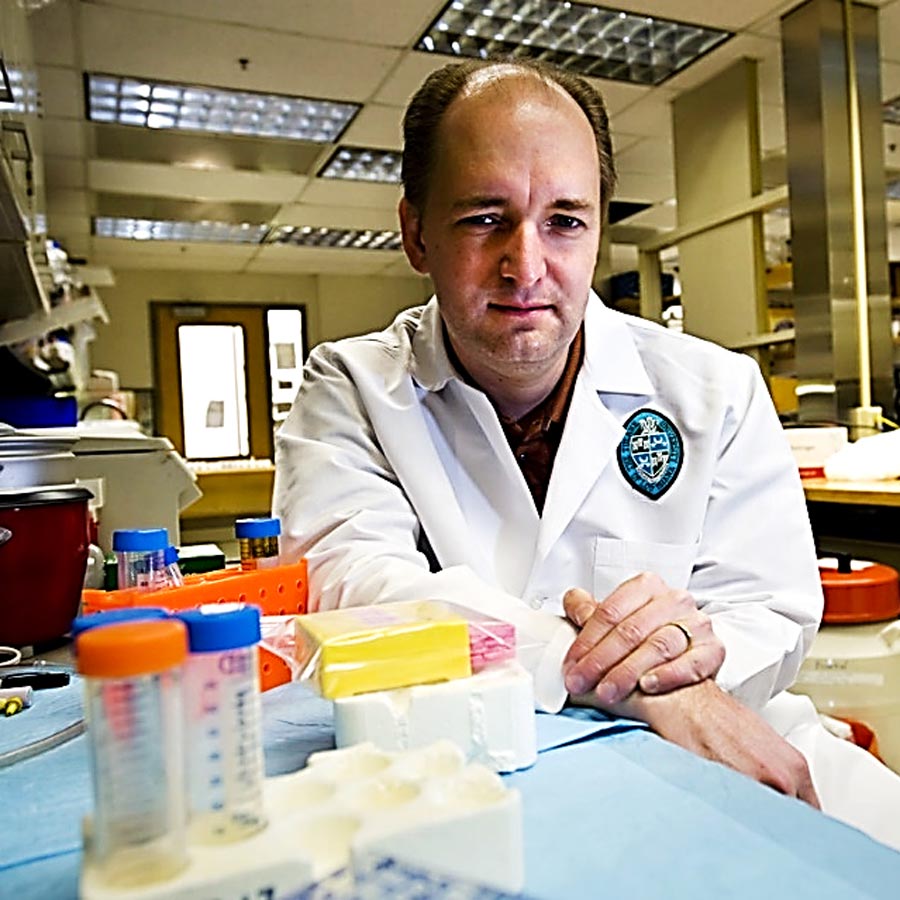
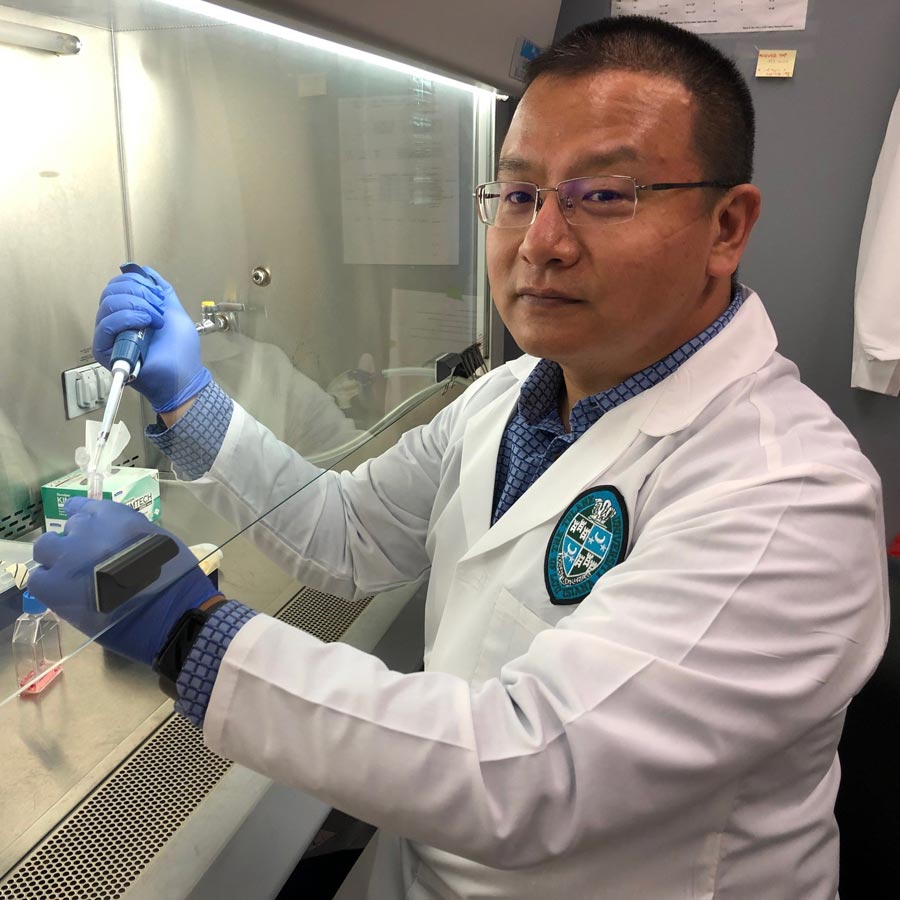
Zhen Lin, MD, PhD
Tulane Cancer Center Member
Associate Professor, Department of Pathology & Laboratory Medicine
Technical Director, Molecular Pathology Laboratory
Cancer Crusaders Matching Fund Trainee 2004-2005
Dr. Zhen Lin, MD, PhD, investigates the roles of Epstein-Barr virus (EBV) and human papillomavirus (HPV) in cancer development. His EBV research centers on the mechanisms through which EBV is involved in the pathogenesis of nasopharyngeal carcinoma and lung cancers, and his HPV research focuses on whether HPV infection is causally associated with lung cancers in HIV-positive populations and how it contributes to lung carcinogenesis. He and his team are hoping to develop new therapeutic approaches to treat virus-associated cancers.
“This was the very first grant I had ever been awarded. The confidence I gained from this experience has had a significant impact on my career.”
Zhen Lin, MD, PhD
Elizabeth Martin, PhD
Tulane Cancer Center Member
Associate Professor, John W. Deming Department of Medicine
Cancer Crusaders Matching Fund Trainee 2011-2012
Dr. Elizabeth Martin, PhD, received her Cancer Crusaders Matching Fund grant in 2011-2012. She is now an Associate Professor of Medicine at Tulane, and her research focuses on understanding the tumor microenvironment to build better models on which to test breast cancer drugs. She and her team evaluate how age and body mass index alter stem cell function in the tumor microenvironment, with the ultimate goal of identifying novel mechanisms of survival signals in breast cancer immune modulation and drug resistance.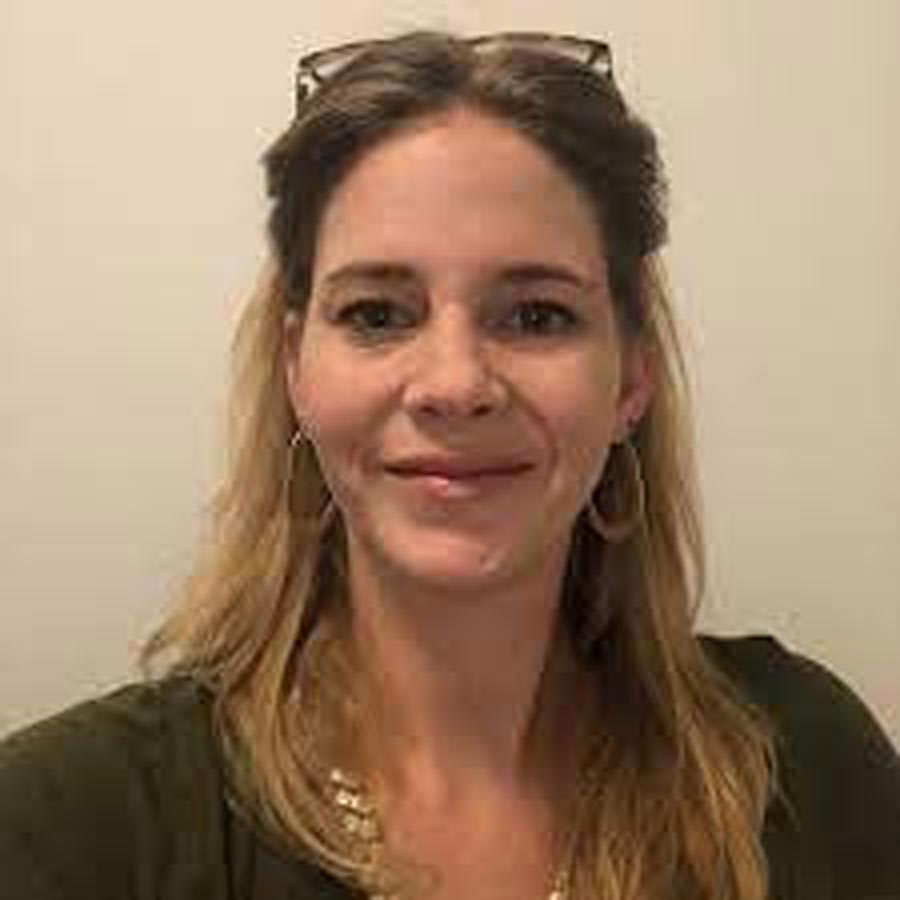
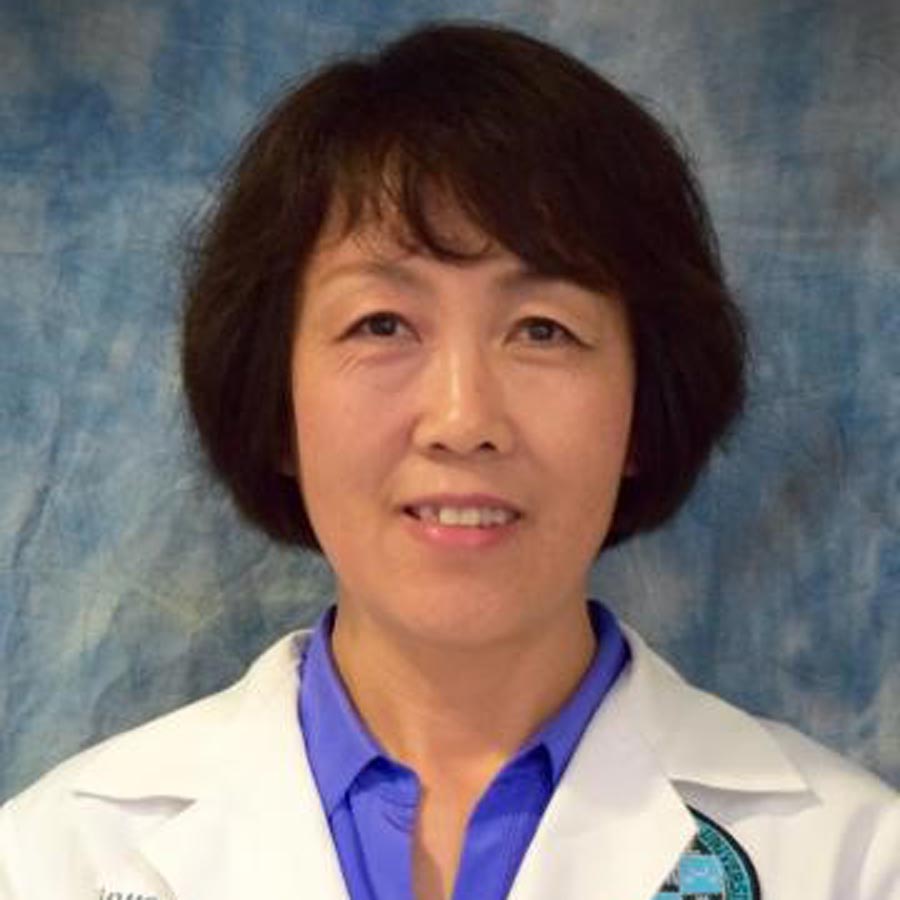
Qinyan Yin, PhD
Tulane Cancer Center Member
Assistant Professor, John W. Deming Department of Medicine
Section of Pulmonary Diseases, Critical Care & Environmental Medicine
Cancer Crusaders Matching Fund Trainee 2002-2003 & 2003-2004
Dr. Qinyan Yin, PhD, received two Cancer Crusaders Matching Fund awards, in 2002-2003 & 2003-2004, when she was a postdoc working in the laboratory of Erik Flemington, PhD, Professor of Pathology and the Zimmerman Professor of Cancer Research at Tulane. She became a Tulane Cancer Center Member in 2009 and is currently an Assistant Professor in the Section of Pulmonary Diseases, Critical Care & Environmental Medicine at Tulane, investigating Epstein-Barr virus-associated tumors and novel molecular therapies to treat pulmonary fibrosis.
Qiuyang Zhang, PhD
Tulane Cancer Center Member
Assistant Professor, Department of Structural & Cellular Biology
Cancer Crusaders Matching Fund Trainee 2009-2010
The incidence of prostate cancer rises rapidly around age 50, with the highest rates seen in men aged 70 to 80. However, managing prostate cancer in the elderly (> 75 years) remains a significant clinical challenge. Low-grade inflammation that increases as we age – also known as “inflammaging” - plays an essential role in the aging process, and chronic inflammation contributes to the onset and progression of prostate cancer. Dr. Qiuyang Zhang, PhD, Cancer Crusaders Matching Fund Trainee 2009-2010, is studying the impact of aging on prostate cancer development and the best treatments for older prostate cancer patients.
"The funding I received was crucial to my understanding of prostate cancer research. It made me realize the immense importance of cancer research and inspired me to work hard to become an independent cancer researcher. I am deeply grateful."
Qiuyang Zhang, PhD
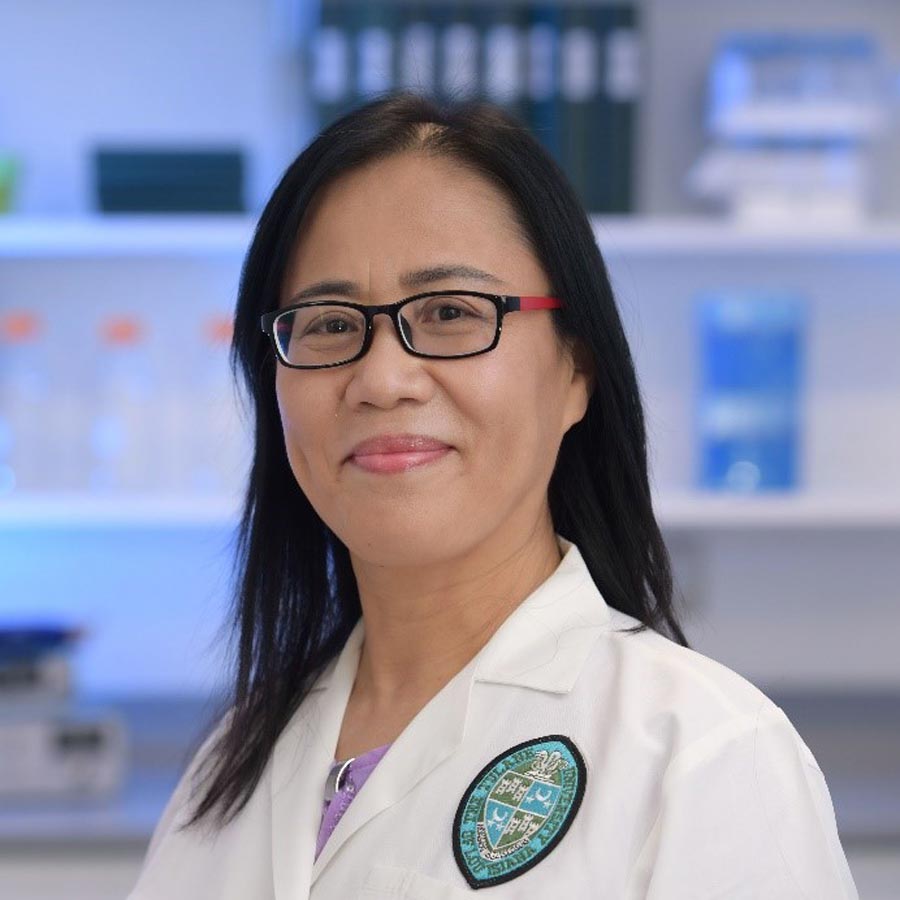
Long-Term Impact: The legacy of Cancer Crusaders is evident in the ongoing successes of the researchers you have supported. These scientists are driving innovation in cancer research, developing new therapeutic approaches, and improving patient outcomes. Through your generosity, the Matching Fund Program has created a lasting foundation that continues to benefit the scientific community and cancer patients alike.
We are deeply grateful for your unwavering support and commitment to fostering the next generation of cancer research leaders. Your impact will be felt for years to come, as these scientists continue to make breakthrough discoveries and contribute to global cancer research efforts.
We are deeply grateful for your unwavering support and commitment to fostering the next generation of cancer research leaders. Your impact will be felt for years to come, as these scientists continue to make breakthrough discoveries and contribute to global cancer research efforts.
Cancer Crusaders Support Vital Experiments Pivotal to Future Funding Success
Hua Lu, MB, PhD
Tulane Cancer Center Member
Professor & Chair, Department of Biochemistry & Molecular Biology
Reynolds & Ryan Families Chair in Translational Cancer Research
Cancer Crusaders funds have at times been used to help our investigators obtain new long-term, programmatic funding.
With years of diminishing or static federal budgets for biomedical research, competition for grant dollars has increased considerably. Tulane Cancer Center is committed to providing our basic research scientists with every advantage possible when preparing their grant applications. With that in mind, we have utilized discretionary funds at times – including Cancer Crusaders donations – to support the costs of specific experiments needed to provide preliminary data for preparing highly competitive and hopefully successful grant applications.
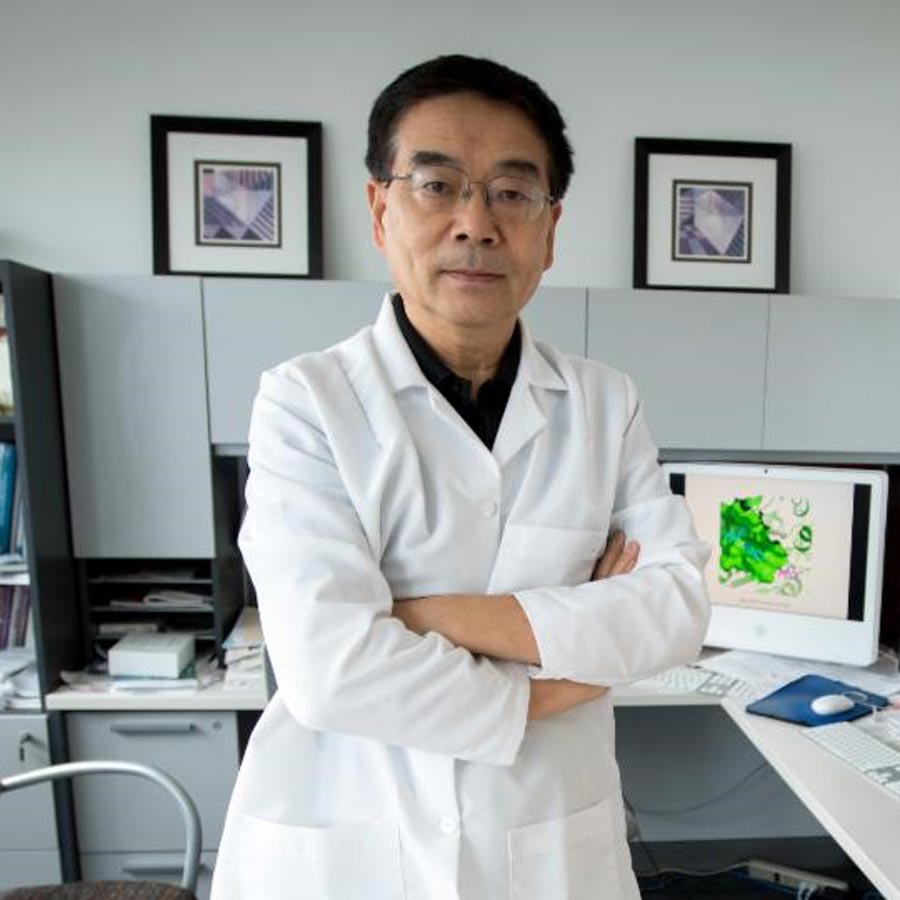
Applicants must provide a clear rationale of the funding needed and the reason why the transformative experiment is critical for successful grant funding in the near future. Our goal is to support vital experiments that would be difficult for investigators to perform in their current funding situation but at the same time are potentially pivotal to future funding success.
Cancer Crusaders funds were recently awarded to Tulane Cancer Center Member Hua Lu, MB, PhD, Professor & Chair of the Department of Biochemistry and Molecular Biology and the Reynolds & Ryan Families Chair in Translational Cancer Research, for exactly this purpose.
Dr. Lu and his team are studying an anti-breast cancer molecule called CCDC3 and trying to determine its potential as a therapeutic target for future drug discovery.
The p53 protein is a tumor suppressor functional in the nucleus of cells throughout the body. Its job is to regulate cell division, growth and death by keeping cells from dividing in an uncontrolled way.
It does this by attaching directly to DNA. When the DNA is damaged by agents such as toxic chemicals, radiation, or ultraviolet (UV) rays from sunlight, this damage signal will lead to p53 activation. Once activated, p53 plays a critical role in determining whether the DNA will be repaired or the damaged cell will self-destruct. If the DNA can be repaired, p53 activates other genes to fix the damage. If the DNA cannot be repaired, p53 prevents the cell from dividing and signals it to undergo cell death. By stopping cells with mutated or damaged DNA from dividing, p53 helps the cells prevent the development of tumors and suppress their growth.
According to Dr. Lu, the formation of breast cancer is highly related to the deactivation of p53. One possible culprit is a gene called MDM2.
"Approximately 30% of breast cancers contain high levels of MDM2," said Dr. Lu. "It inhibits the activity of the p53 tumor suppressor protein, but the mechanisms for how normal breast cells activate p53 by blocking MDM2 activity are not completely understood."
Dr. Lu's project attempts to shed light by investigating how a newly discovered protein – coiled-coil domain containing 3 or CCDC3 - blocks MDM2.
CCDC3 is under-expressed in breast cancers, and low levels are well correlated with poor overall survival and higher rates of relapse. Dr. Lu's team hypothesizes that CCDC3 can suppress the growth of breast cancers by blocking MDM2, preventing the degradation of p53 and consequently activating p53.
“Over the past year, with Cancer Crusaders support, my lab has obtained some new data as to the tumor suppressive role of CCDC3 in breast cancer,” said Lu. “We are currently further validating these results by using both cell-based and animal model systems. With the published (in Oncogene) and unpublished results, we have submitted an R01 application that received a reasonably good score, though not fundable. We will obtain more critical data and plan to resubmit it back to the NIH in the coming cycle.”
Cancer Crusaders funds were recently awarded to Tulane Cancer Center Member Hua Lu, MB, PhD, Professor & Chair of the Department of Biochemistry and Molecular Biology and the Reynolds & Ryan Families Chair in Translational Cancer Research, for exactly this purpose.
Dr. Lu and his team are studying an anti-breast cancer molecule called CCDC3 and trying to determine its potential as a therapeutic target for future drug discovery.
The p53 protein is a tumor suppressor functional in the nucleus of cells throughout the body. Its job is to regulate cell division, growth and death by keeping cells from dividing in an uncontrolled way.
It does this by attaching directly to DNA. When the DNA is damaged by agents such as toxic chemicals, radiation, or ultraviolet (UV) rays from sunlight, this damage signal will lead to p53 activation. Once activated, p53 plays a critical role in determining whether the DNA will be repaired or the damaged cell will self-destruct. If the DNA can be repaired, p53 activates other genes to fix the damage. If the DNA cannot be repaired, p53 prevents the cell from dividing and signals it to undergo cell death. By stopping cells with mutated or damaged DNA from dividing, p53 helps the cells prevent the development of tumors and suppress their growth.
According to Dr. Lu, the formation of breast cancer is highly related to the deactivation of p53. One possible culprit is a gene called MDM2.
"Approximately 30% of breast cancers contain high levels of MDM2," said Dr. Lu. "It inhibits the activity of the p53 tumor suppressor protein, but the mechanisms for how normal breast cells activate p53 by blocking MDM2 activity are not completely understood."
Dr. Lu's project attempts to shed light by investigating how a newly discovered protein – coiled-coil domain containing 3 or CCDC3 - blocks MDM2.
CCDC3 is under-expressed in breast cancers, and low levels are well correlated with poor overall survival and higher rates of relapse. Dr. Lu's team hypothesizes that CCDC3 can suppress the growth of breast cancers by blocking MDM2, preventing the degradation of p53 and consequently activating p53.
“Over the past year, with Cancer Crusaders support, my lab has obtained some new data as to the tumor suppressive role of CCDC3 in breast cancer,” said Lu. “We are currently further validating these results by using both cell-based and animal model systems. With the published (in Oncogene) and unpublished results, we have submitted an R01 application that received a reasonably good score, though not fundable. We will obtain more critical data and plan to resubmit it back to the NIH in the coming cycle.”
Cancer Crusaders Next Generation Sequence Analysis Core
Cancer Crusaders funds have also been used to support our Cancer Crusaders Next Generation Sequence Analysis Core. Next generation sequencing (NGS) is a state-of-the-art technology which allows for the determination of DNA or RNA sequences at a very large scale to study the genetics and regulatory pathways associated with biological processes and/or diseases, like cancer.
The NGS Analysis Core was opened in 2011 with three high-capacity computers. In the years since, Cancer Crusaders donations have allowed us to purchase nine more at a cost of approximately $10,000 each.
The NGS Analysis Core was opened in 2011 with three high-capacity computers. In the years since, Cancer Crusaders donations have allowed us to purchase nine more at a cost of approximately $10,000 each.
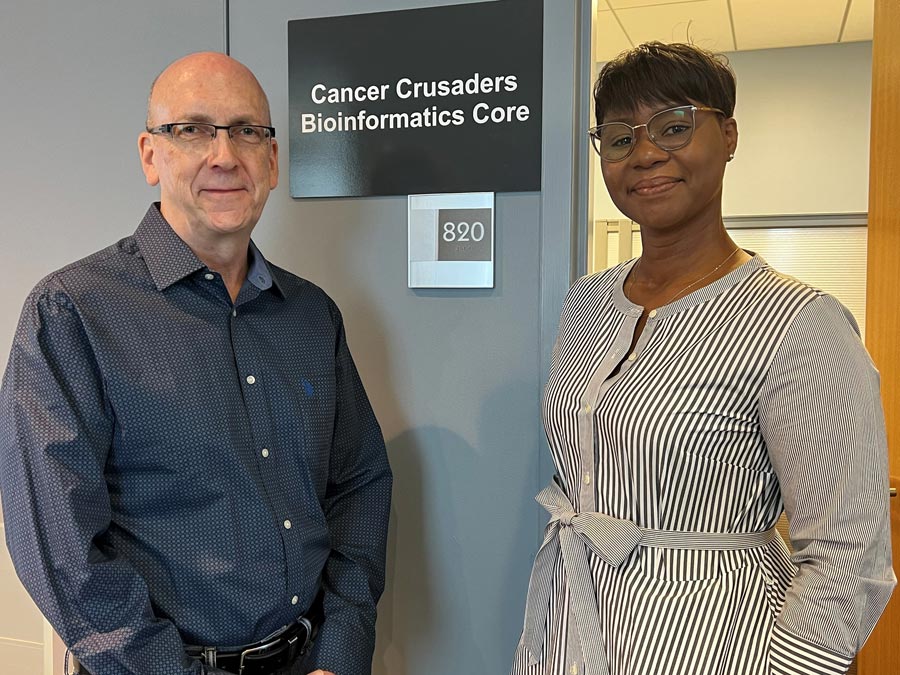
Next generation sequencing enables the investigation of hundreds to thousands of genes at once in multiple samples and allows researchers to identify signaling pathway alterations within cells that lead to cancer. That information might then be used for the diagnosis, prognosis and treatment of many diseases, including cancer.
While NGS is a powerful tool in the laboratory setting, it also gives us the ability to explore what’s going on in the best model system there is – human beings. We no longer must rest our hopes entirely on tissue culture or animal models that may not extrapolate appropriately to humans. We can know what is really happening genetically inside of a tumor. It’s exactly the right environment.
Despite the great utility of NGS, this technology generates a massive amount of data that is impossible to interpret without high-end computational approaches. Because the ability to analyze NGS data is a limitation for many scientists, our Core provides users with the services of a bioinformatics professional to help them analyze and decipher it. Melody Baddoo, research scientist at Tulane Cancer Center, assists users in the application of specialized computer programs for processing and interpretation of the voluminous amounts of data gathered. She also makes it a priority to train them so that they gain the skills necessary to begin doing much of the analysis themselves. This is one service that sets our NGS Analysis Core apart.
In the past, our researchers utilized separate out-of-town facilities to perform these analyses. Now, because of ongoing support from the Cancer Crusaders, they have access to this incredibly important resource right here at home. The NGS Analysis Core is currently being used by researchers at Tulane, LSU and other institutions across the U.S. to study viruses and cancer, breast cancer, prostate cancer, lymphoma, stomach cancer, and desmoplastic small round cell tumors.
While NGS is a powerful tool in the laboratory setting, it also gives us the ability to explore what’s going on in the best model system there is – human beings. We no longer must rest our hopes entirely on tissue culture or animal models that may not extrapolate appropriately to humans. We can know what is really happening genetically inside of a tumor. It’s exactly the right environment.
Despite the great utility of NGS, this technology generates a massive amount of data that is impossible to interpret without high-end computational approaches. Because the ability to analyze NGS data is a limitation for many scientists, our Core provides users with the services of a bioinformatics professional to help them analyze and decipher it. Melody Baddoo, research scientist at Tulane Cancer Center, assists users in the application of specialized computer programs for processing and interpretation of the voluminous amounts of data gathered. She also makes it a priority to train them so that they gain the skills necessary to begin doing much of the analysis themselves. This is one service that sets our NGS Analysis Core apart.
In the past, our researchers utilized separate out-of-town facilities to perform these analyses. Now, because of ongoing support from the Cancer Crusaders, they have access to this incredibly important resource right here at home. The NGS Analysis Core is currently being used by researchers at Tulane, LSU and other institutions across the U.S. to study viruses and cancer, breast cancer, prostate cancer, lymphoma, stomach cancer, and desmoplastic small round cell tumors.



